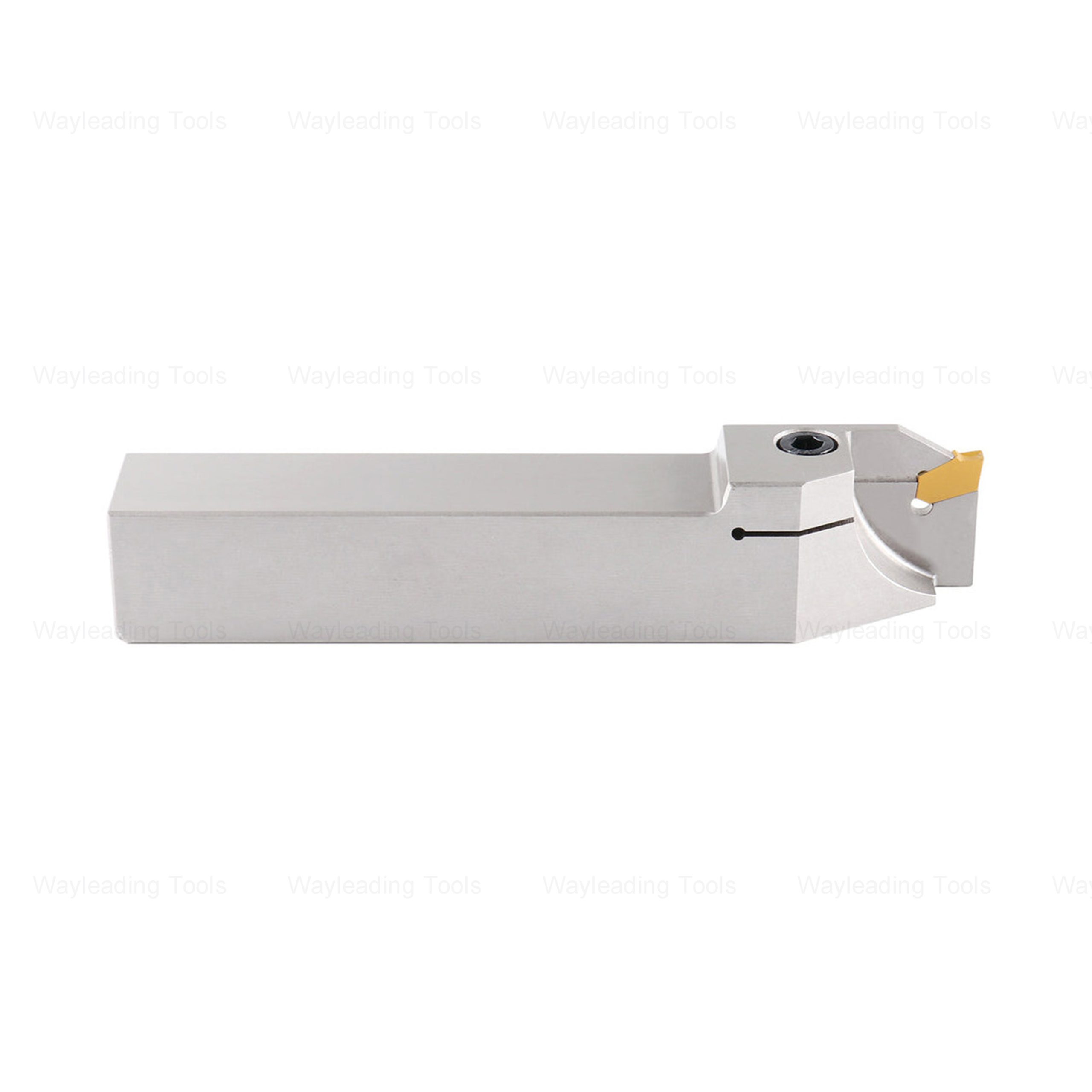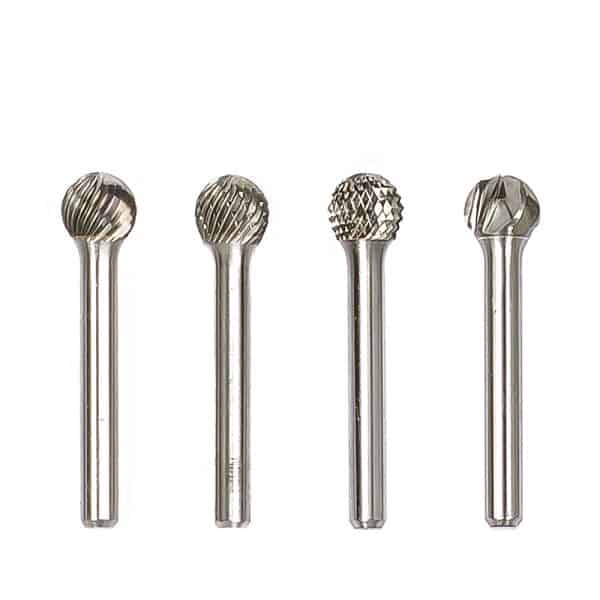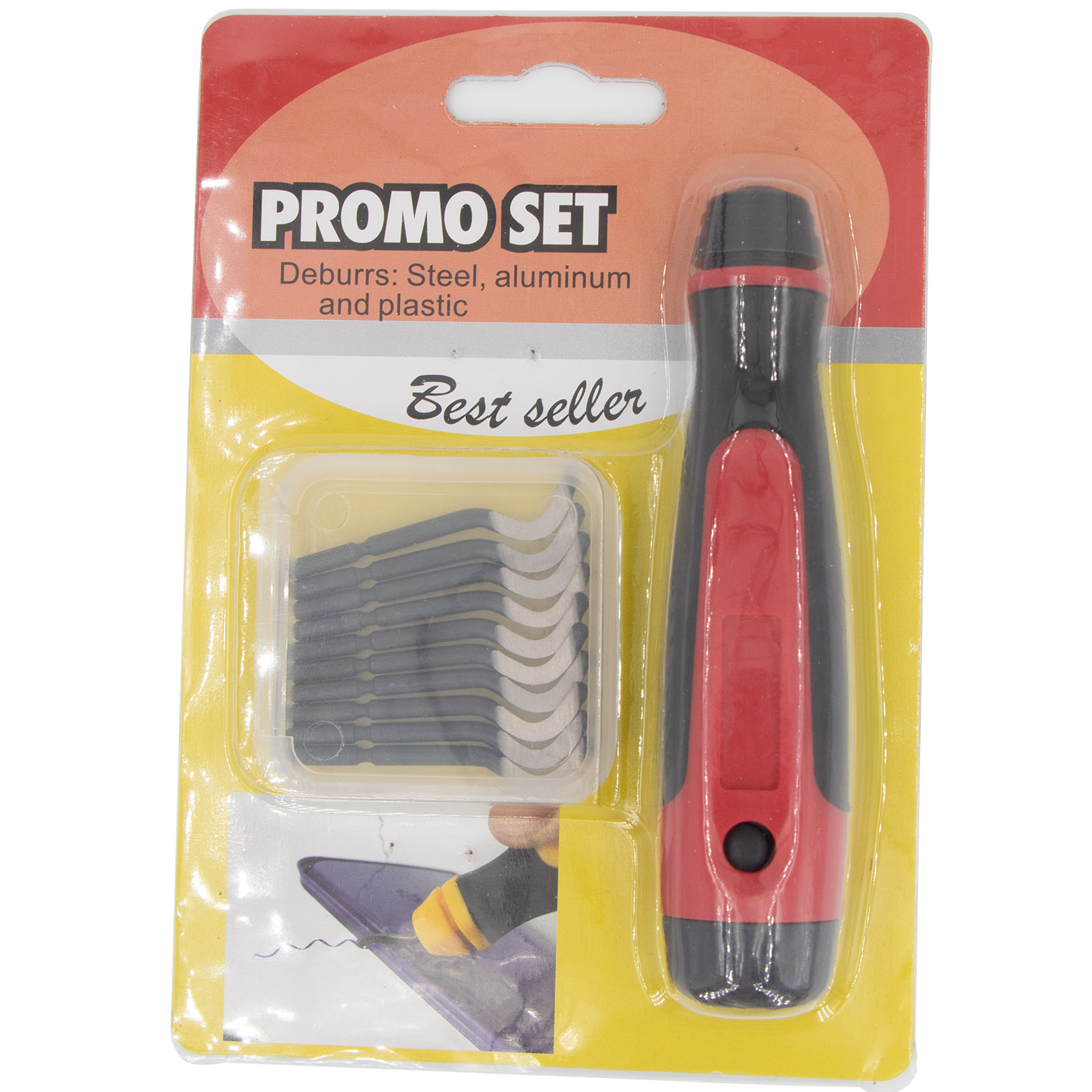Wholesale NPT threading insert
NPT (National Pipe Taper) threading inserts are essential for creating leak-proof seals on pipes and fittings. Selecting the right Wholesale NPT threading insert is crucial for ensuring accurate and durable threads, reducing downtime and material waste. This guide explores the factors to consider when sourcing Wholesale NPT threading inserts, covering material selection, coating options, geometry considerations, and reputable suppliers.
Understanding NPT Threads and Inserts
What is NPT?
NPT, or National Pipe Taper, is a U.S. standard for tapered threads used on pipes and fittings. The taper creates a tight seal when tightened, making it ideal for fluid and gas applications. NPT threads are defined by ANSI/ASME standard B1.20.1.
The Role of Threading Inserts
Threading inserts are replaceable cutting tools used in CNC lathes and other machining equipment to create NPT threads. They offer several advantages over solid threading tools, including:
- Increased Efficiency: Inserts can be quickly replaced, minimizing downtime.
- Cost-Effectiveness: Replacing inserts is more economical than replacing entire threading tools.
- Versatility: Different insert geometries can be used for various materials and thread sizes.
Factors to Consider When Choosing Wholesale NPT Threading Inserts
Material Selection
The material of the threading insert significantly impacts its performance and lifespan. Common materials include:
- Carbide: Offers excellent wear resistance and is suitable for a wide range of materials, including steel, stainless steel, and cast iron.
- High-Speed Steel (HSS): Less expensive than carbide but less durable. Suitable for softer materials and lower-volume production.
- Cermet: A composite material that combines ceramic and metallic properties, providing a good balance of wear resistance and toughness.
Coating Options
Coatings enhance the performance of Wholesale NPT threading inserts by improving wear resistance, reducing friction, and preventing built-up edge. Popular coating options include:
- Titanium Nitride (TiN): A general-purpose coating that increases hardness and wear resistance.
- Titanium Carbonitride (TiCN): Offers higher hardness and wear resistance than TiN, making it suitable for more abrasive materials.
- Aluminum Titanium Nitride (AlTiN): Provides excellent heat resistance and is ideal for high-speed machining.
Geometry Considerations
The geometry of the Wholesale NPT threading insert affects the thread quality and cutting performance. Key geometry parameters include:
- Thread Pitch: The distance between adjacent threads. Must match the NPT thread specification.
- Incline Angle: Angle of the cutting edge, usually 60 degree or 55 degree.
- Relief Angle: Angle to reduce friction between insert and workpiece.
NPT Thread Size Chart
Selecting the correct NPT thread size is critical. Below is a table showing standard NPT thread sizes and their corresponding threads per inch (TPI):
| Nominal Pipe Size | Threads Per Inch (TPI) |
|---|---|
| 1/16' | 27 |
| 1/8' | 27 |
| 1/4' | 18 |
| 3/8' | 18 |
| 1/2' | 14 |
| 3/4' | 14 |
| 1' | 11.5 |
Source: ANSI/ASME B1.20.1
Finding Reliable Wholesale Suppliers
Key Considerations
Choosing a reputable supplier is essential for ensuring the quality and consistency of your Wholesale NPT threading inserts. Consider the following factors:
- Quality Control: Look for suppliers with robust quality control processes to ensure that their inserts meet industry standards.
- Product Range: A broad product range allows you to source all your threading insert needs from a single supplier.
- Technical Support: Choose a supplier that offers technical support to help you select the right inserts for your application.
- Competitive Pricing: Compare prices from multiple suppliers to ensure you are getting a fair deal.
Introducing Wayleading Tools
Wayleading Tools provides high-quality Wholesale NPT threading inserts. With a focus on precision and durability, we offer a wide range of inserts designed to meet the demands of various threading applications. Our products are manufactured using advanced technology and undergo rigorous quality control to ensure consistent performance. Explore our selection to find the perfect threading solution for your needs.
Best Practices for Using NPT Threading Inserts
Proper Machine Setup
Ensure that your CNC lathe or other machining equipment is properly set up and calibrated before using Wholesale NPT threading inserts. This includes:
- Accurate Tool Alignment: Ensure that the threading insert is properly aligned with the workpiece.
- Correct Spindle Speed and Feed Rate: Use appropriate spindle speeds and feed rates based on the material being machined.
- Adequate Coolant Supply: Provide a consistent flow of coolant to prevent overheating and extend tool life.
Regular Inspection and Maintenance
Regularly inspect Wholesale NPT threading inserts for wear and damage. Replace inserts as needed to maintain thread quality and prevent machine damage.
Troubleshooting Common Threading Problems
Torn Threads
Torn threads can be caused by several factors, including:
- Dull Insert: Replace the insert with a sharp one.
- Incorrect Feed Rate: Adjust the feed rate to a lower value.
- Insufficient Coolant: Ensure adequate coolant flow.
Chatter
Chatter, or vibration during threading, can result in poor thread quality. Possible causes include:
- Loose Machine Components: Tighten any loose components on the machine.
- Excessive Tool Overhang: Minimize tool overhang to increase rigidity.
- Incorrect Cutting Parameters: Adjust spindle speed and feed rate.
Conclusion
Selecting the right Wholesale NPT threading insert is crucial for achieving accurate, durable, and leak-proof threads. By considering factors such as material, coating, geometry, and supplier reputation, you can optimize your threading operations and reduce costs. Remember to follow best practices for machine setup, maintenance, and troubleshooting to ensure consistent performance.
Related products
Related products
Best selling products
Best selling products-
 Outside Micrometer Set Of Inch & Metric For Industrial
Outside Micrometer Set Of Inch & Metric For Industrial -
 Type G Arc Pointed Tree Tungsten Carbide Rotary Burr
Type G Arc Pointed Tree Tungsten Carbide Rotary Burr -
 25PCS DIN338 HSS Twist Drill Bit Set From 1-13mm
25PCS DIN338 HSS Twist Drill Bit Set From 1-13mm -
 Precision V Block Set With M Type
Precision V Block Set With M Type -
 Depth Vernier Gauge With Stainless Steel And Monoblock Depth Type
Depth Vernier Gauge With Stainless Steel And Monoblock Depth Type -
 HSS Metric Taper Shank Twist Drills for High-Precision Metal Cutting
HSS Metric Taper Shank Twist Drills for High-Precision Metal Cutting -
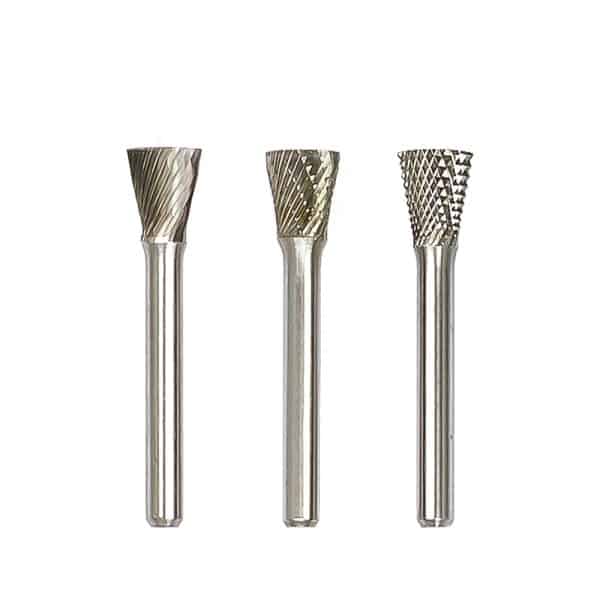 Type N Inverted Cone Tungsten Carbide Rotary Burr
Type N Inverted Cone Tungsten Carbide Rotary Burr -
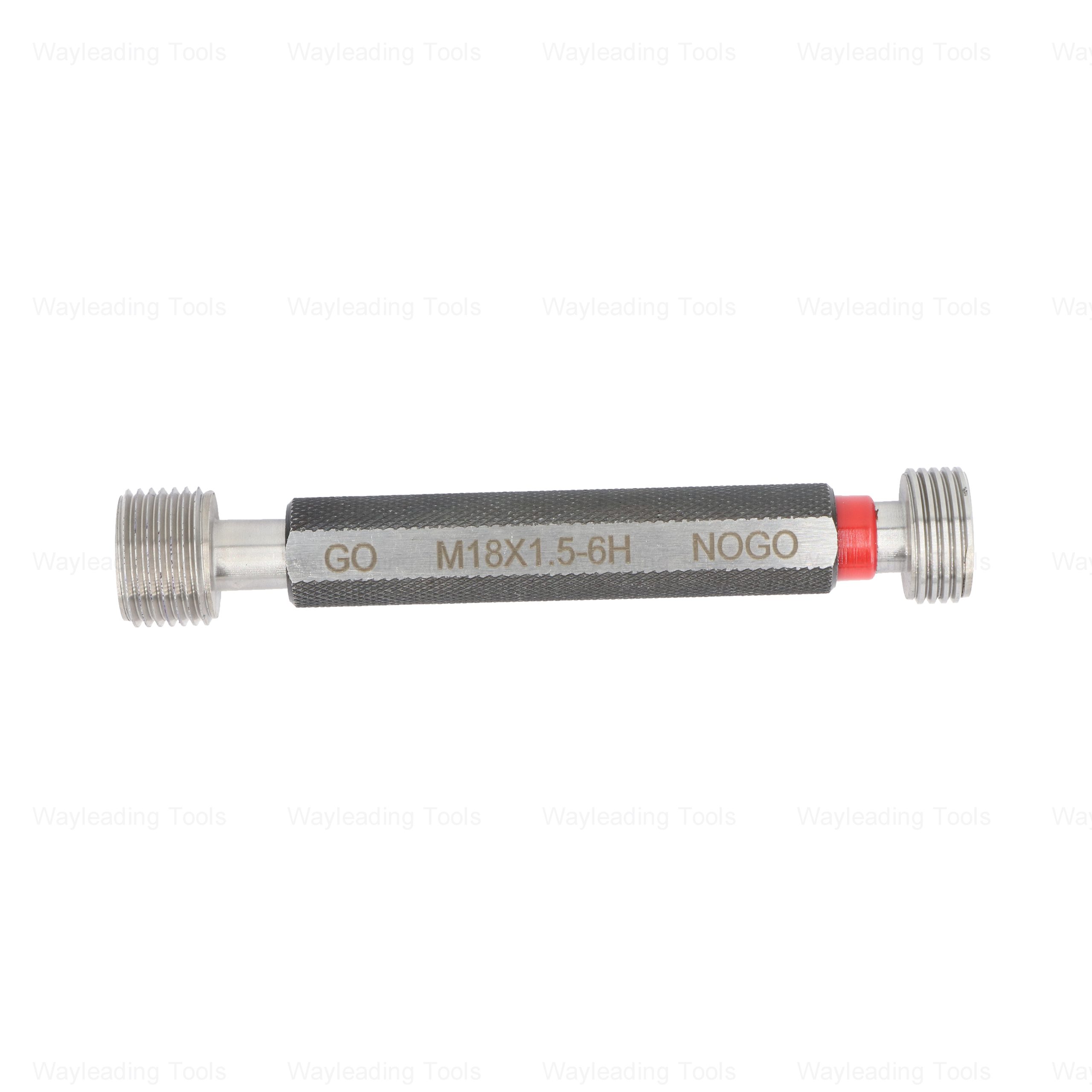 High-Precision Metric Thread Plug Gauge – 6H Class, GO & NO-GO Ends
High-Precision Metric Thread Plug Gauge – 6H Class, GO & NO-GO Ends -
 HSS Threading Taps – ISO 529, Straight Flute, Spiral Flute & Spiral Point
HSS Threading Taps – ISO 529, Straight Flute, Spiral Flute & Spiral Point -
 Precision Micrometr Holder For Micrometer
Precision Micrometr Holder For Micrometer -
 HSS Inch 4 Flute End Mills With Bright Or TiN And TiAlN Coated
HSS Inch 4 Flute End Mills With Bright Or TiN And TiAlN Coated -
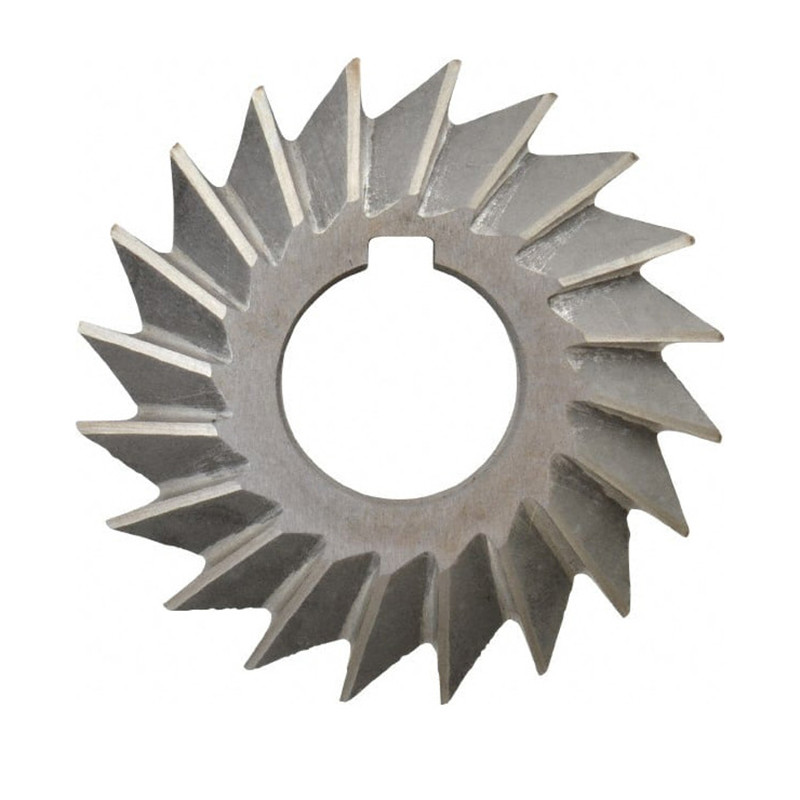 HSS Inch & Metric Single Angle Milling Cutter For Industrial With Bright Or TiN Coated
HSS Inch & Metric Single Angle Milling Cutter For Industrial With Bright Or TiN Coated

